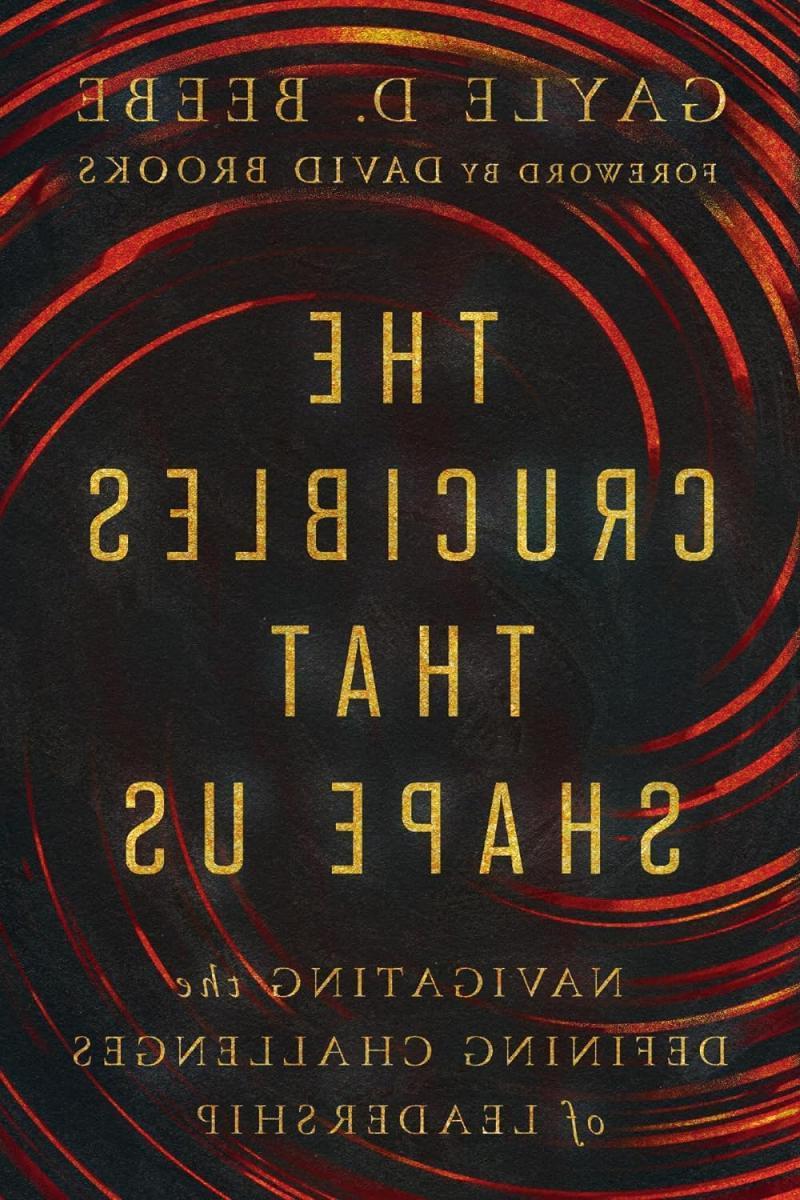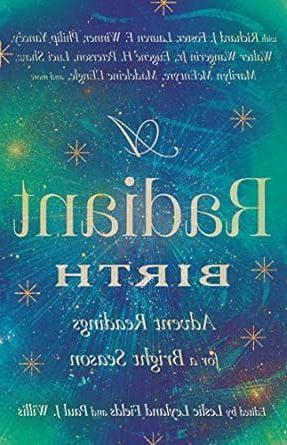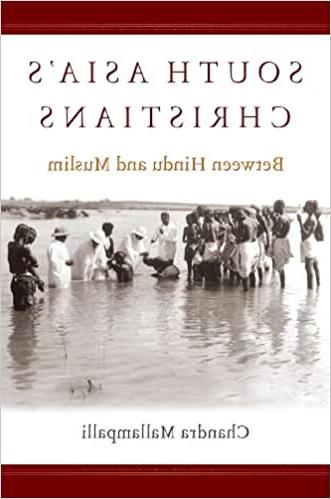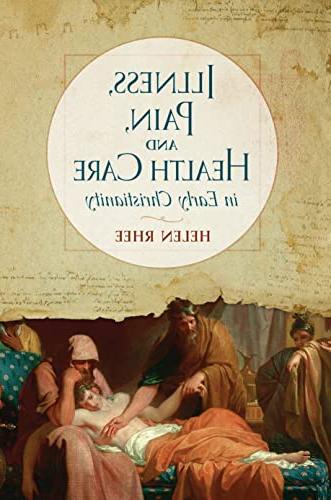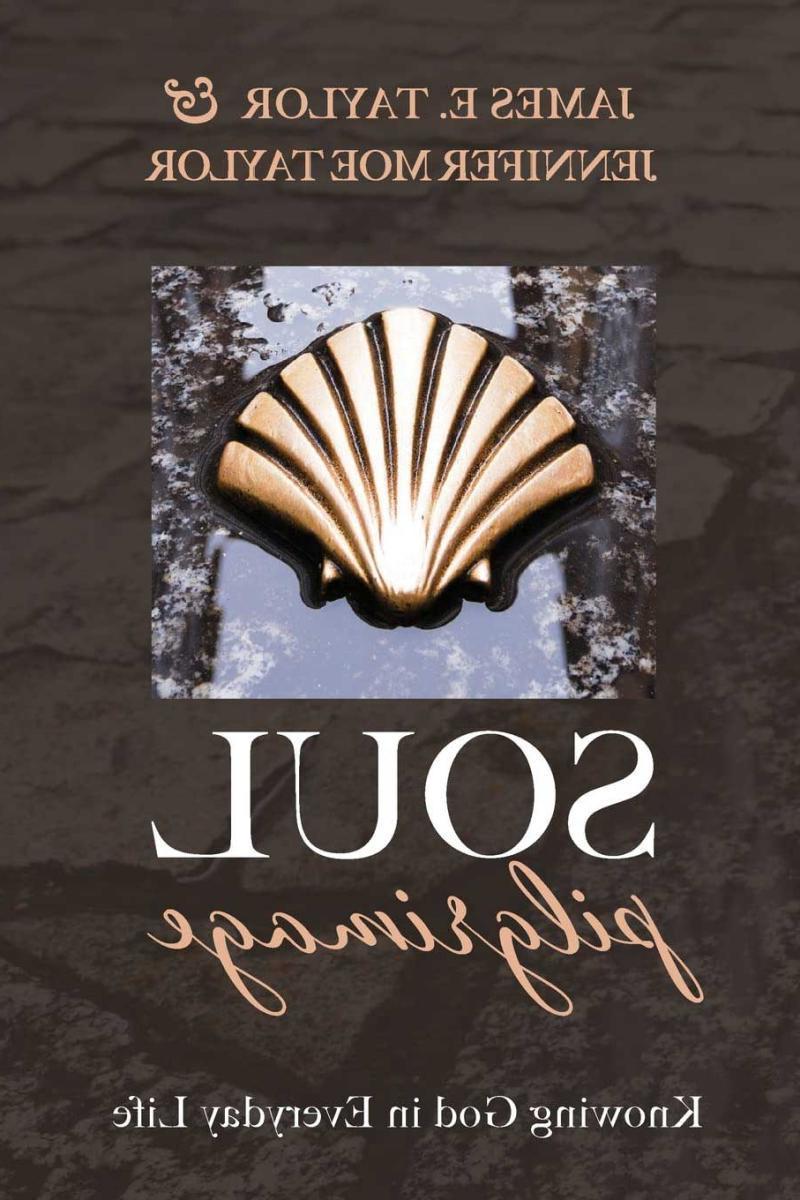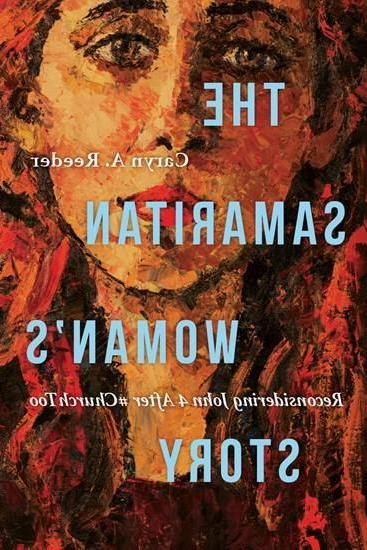The Crucibles That Shape Us: Navigating the Defining Challenges of Leadership
We often see setbacks and disasters as events that keep us from our best life. But they're really opportunities to grow in leadership.
The problem of suffering is a spiritual hurdle for many that disorients us and those we lead. Gayle D. Beebe tackles the existential crisis head-on, revealing that, although we are bewildered at first, these situations ultimately prepare us. Previously viewing these challenges as insurmountable, he has come to recognize them as essential passageways in our relationship with God.
Beebe identifies seven crucibles—powerful catalysts for transformation—that, when embraced, shape us on this profound journey. Each chapter of this book delves into one of the crucibles, which Beebe intimately understands and has personally faced. Amid the realities of life's suffering, use this illuminating guidebook and find how colossal setbacks become a bedrock for a better, richer faith.
Mendelssohn and the Genesis of the Protestant A Cappella Movement (Elements in Music and Musicians 1750–1850)
Drawing on his experiences in Berlin under Schleiermacher and his travels to the Vatican, Mendelssohn, as the Director of Prussian Church Music, wanted to offer an edifying worship experience where large-scale choral works would become an indispensable part of the liturgy, which he saw as a performative or representational act, centered around the life of Christ. Yet he quickly realized that the court and clergy were not interested in his foundational concepts; they merely wanted reforms based on the restauration ideals espoused by Winterfeld and Thibaut. Analyses of his 25 Domchor compositions and their revisions in this Element chronicle Mendelssohn's stylistic development and his ability to continue to offer a Christological worship experience within strictly prescribed parameters. The Berlin Domchor and its new repertoire by Mendelssohn and contemporaneous composers quickly became the model for the emerging a cappella movement throughout Protestant Germany.
A Radiant Birth: Advent Readings for a Bright Season
The first Christmas sermon preserved in church history was preached by St. John Chrysostom in AD 386, in which he declared, "Behold a new and wonderful mystery!" In this volume, the Christian literary writers of the Chrysostom Society reflect on Advent and Christmastide as a bright and meaningful season of anticipation and glory. Through forty-two readings from the first Sunday of Advent through Epiphany, contributors prepare us in watchful waiting for the coming of Jesus. We enter slowly so that the familiar can astonish us and become wondrous once again.
Jesus is born in Bethlehem. But not only there. He is also born in us, that we might bear his presence and impart his goodness to the world.
South Asia's Christians: Between Hindu and Muslim
South Asia is home to more than a billion Hindus and half a billion Muslims. But the region is also home to substantial Christian communities, some dating almost to the earliest days of the faith. The stories of South Asia's Christians are vital for understanding the shifting contours of World Christianity, precisely because of their history of interaction with members of these other religious traditions. In this broad, accessible overview of South Asian Christianity, Chandra Mallampalli shows how the faith has been shaped by Christians' location between Hindus and Muslims.
Mallampalli begins with a discussion of South India's ancient Thomas Christian tradition, which interacted with West Asia's Persian Christians and thrived for centuries alongside their Hindu and Muslim neighbours. He then underscores efforts of Roman Catholic and Protestant missionaries to understand South Asian societies for purposes of conversion. The publication of books and tracts about other religions, interreligious debates, and aggressive preaching were central to these endeavours, but rarely succeeded at yielding converts. Instead, they played an important role in producing a climate of religious competition, which ultimately marginalized Christians in Hindu-, Muslim-, and Buddhist-majority countries of post-colonial South Asia.
Illness, Pain, and Health Care in Early Christianity
What did pain and illness mean to early Christians? And how did their approaches to health care compare to those of the ancient Greco-Roman world?
In this wide-ranging interdisciplinary study, Helen Rhee examines how early Christians viewed illness, pain, and health care and how their perspective was influenced both by Judeo-Christian tradition and by the milieu of the larger ancient world. Throughout her analysis, Rhee places the history of medicine, Greco-Roman literature, and ancient philosophy in constructive dialogue with early Christian literature to elucidate early Christians’ understanding, appropriation, and reformulation of Roman and Byzantine conceptions of health and wholeness from the second through the sixth centuries CE.
Utilizing the contemporary field of medical anthropology, Rhee engages illness, pain, and health care as sociocultural matters. Through this and other methodologies, she explores the theological meanings attributed to illness and pain; the religious status of those suffering from these and other afflictions; and the methods, systems, and rituals that Christian individuals, churches, and monasteries devised to care for those who suffered. Rhee’s findings ultimately provide an illuminating glimpse into how Christians began forming a distinct identity—both as part of and apart from their Greco-Roman world.
Soul Pilgrimage: Knowing God in Everyday Life
I invite you to go on a pilgrimage. A pilgrimage is a journey with a sacred goal. The sacred goal I have in mind for you is knowing God. Perhaps you’re already on that pilgrimage. Perhaps you already know God. If so, I invite you to know God better.
A literal religious pilgrimage involves going to a place. In the Christian tradition, pilgrims have journeyed to such places as Jerusalem, Rome, and Santiago de Compostela. Going to these places requires moving your body to them.
But the pilgrimage I’m inviting you to start—or continue—is a pilgrimage for your soul. Your purpose on this pilgrimage will be to get your soul closer to God.
A pilgrimage is something you do. On a literal pilgrimage, you have to keep your body moving in the same direction for a long time. Doing so requires using and caring for your body.
On a soul pilgrimage, you have to keep your soul directed toward God for a long time. Doing so requires the use and care of your soul by means of engaging in various spiritual practices. Will you accept my invitation? Will you join my wife Jennifer and me on this soul pilgrimage?
The Samaritan Woman's Story: Reconsidering John 4 After #ChurchToo
Most Christians have heard a familiar description of the Samaritan woman in John 4: she was a sinner, an adulteress, even a prostitute. Throughout church history, the woman at the well has been seen narrowly in terms of her gender and marital history. What are we missing in the story? And what difference does our interpretation of this passage make for women and men in the church? Caryn A. Reeder calls us to see the Samaritan woman in a different light. Beginning with the reception history of John 4, she pulls back layers of interpretation entangled with readers' assumptions on women and sexuality. She then explores the story's original context, describing life for women and expectations regarding marriage and divorce in the first century. With this clarified lens, Reeder's exegesis of the passage yields refreshing insights on what the Gospel says—and does not say—about the woman at the well.
Joyful Resilience as Educational Practice: Turning Challenges Into Opportunities
Teaching is hard work. Teaching is rewarding work. An abundance of research on teachers’ mental health, teacher burnout, and attrition in the profession has proven the truth of the first claim. And, without reading a word of academic research, teachers know the truth of the second: there are numerous challenges and complexities involved in this noble profession. Teachers also know the truth of our second claim—that teaching is immensely rewarding work. While teaching is one of the most demanding professions on earth, it is also one of the most rewarding professions. Editors Michelle C. Hughes and Ken Badley hope readers and teaching colleagues alike will be reminded of the rewards and the unexpected paybacks found in teaching.
Restless Devices: Recovering Personhood, Presence and Place in the Digital Age
We're being formed by our devices. Today's digital technologies are designed to captivate our attention and encroach on our boundaries, shaping how we relate to time and space, to ourselves and others, even to God. Our natural longing for relationship makes us vulnerable to the "industrializing" effects of social media. While we enjoy the benefits of digital tech, many of us feel troubled with its power and exhausted by its demands for permanent connectivity. Yet even as we grow disenchanted, attempting to resist the digital "powers that be" might seem like a losing battle.
Sociologist Felicia Wu Song has spent years considering the personal and collective dynamics of living in digital ecosystems. In this book she combines psychological, neurological, and sociological insights with theological reflection to explore two major questions: What kind of people are we becoming with personal technologies in hand? And who do we really want to be?
